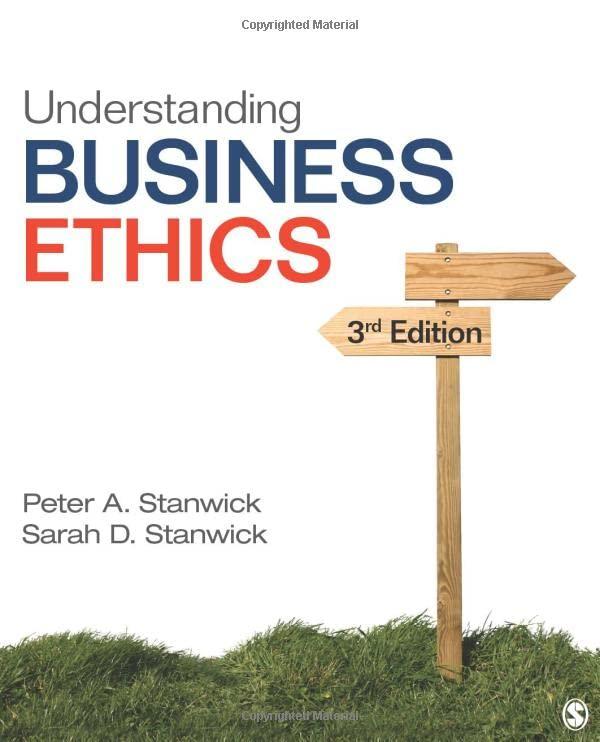Answered step by step
Verified Expert Solution
Question
1 Approved Answer
Royal British Bank v Turquand (1856) 119 ER 886 The deed of settlement, the equivalent of the constitution of a company, empowered the board of
Royal British Bank v Turquand (1856) 119 ER 886 The deed of settlement, the equivalent of the constitution of a company, empowered the board of directors to borrow such sums as were authorised by a resolution of the general meeting of the shareholders. The company borrowed money from a bank on the authority of two of its directors who authenticated the company's common seal. There was no authority given by the general meeting. The company refused to repay the loan and argued that the bank had constructive notice of the constitution and should have been aware of the lack of authority. It was held that an outsider need not inquire into whether such a resolution had in fact been passed. The company was still bound to the bank because the passing of the resolution was a matter internal to the company
Step by Step Solution
There are 3 Steps involved in it
Step: 1

Get Instant Access with AI-Powered Solutions
See step-by-step solutions with expert insights and AI powered tools for academic success
Step: 2

Step: 3

Ace Your Homework with AI
Get the answers you need in no time with our AI-driven, step-by-step assistance
Get Started


